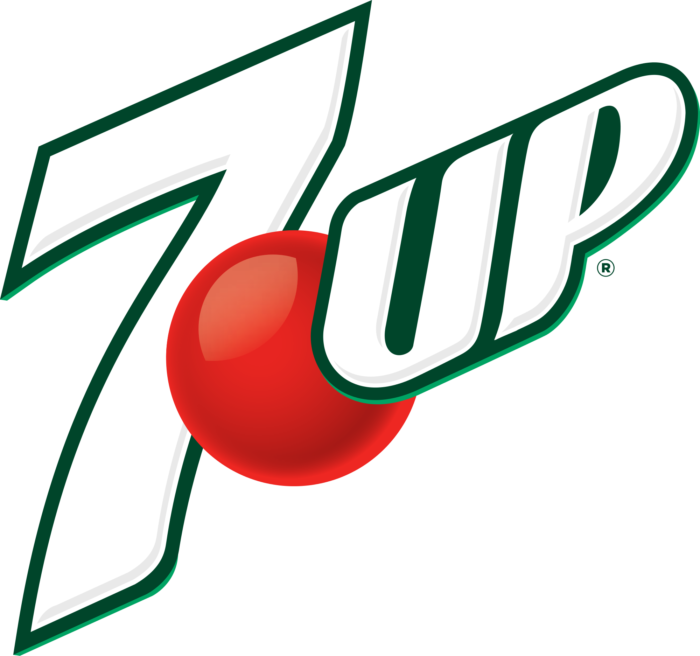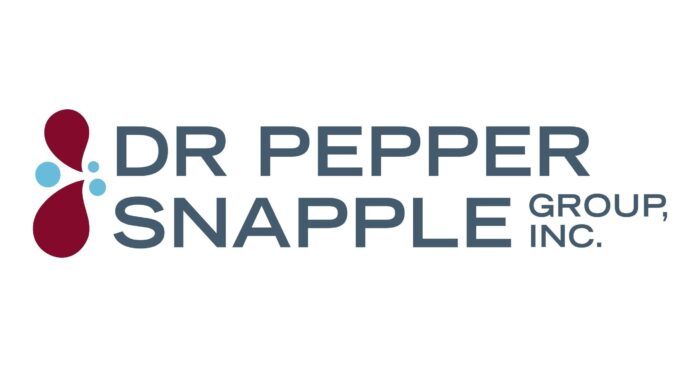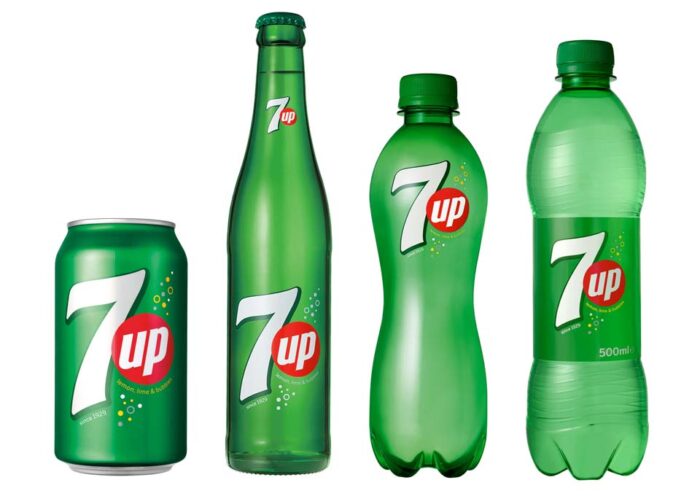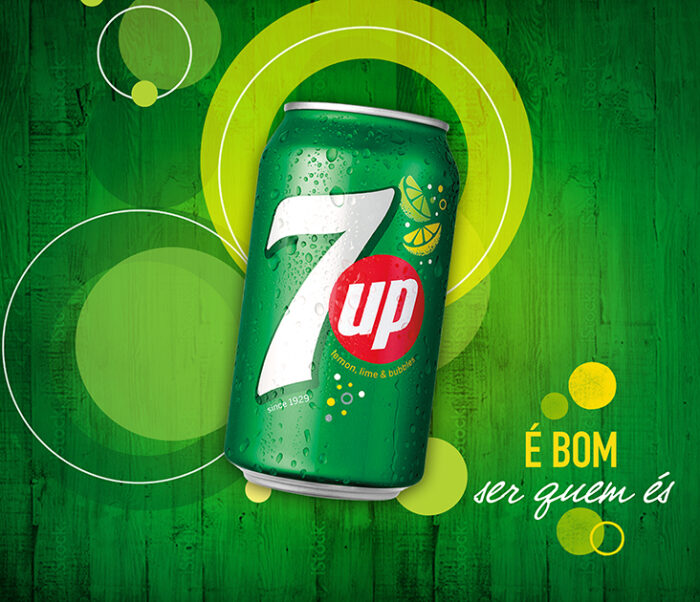Once a leader in the segment, 7 Up now has almost disappeared from the market. Owned by the Dr. Pepper Snapple Group, it was a unique brand, defining Uncola, just behind Coca-cola and Pepsi in terms of market share.
The Uncola of 70’s
7 Up emerged as a no caffeine drink, when the society was turning in for caffeinated drinks. At that time, it was solely positioned against the rest of the soft drinks’ market, as an Uncola brand, thereby offering a true choice. Back then, 7 Up was cool, and everything was cool with 7 Up, when the brand could leverage the Uncola brand across many messages.

The Fall of 7 Up
Soon something happened which made 7 Up lose its market share from the league of soft drinks, where it once positioned itself as the eighth best-selling soft drink, to owning only 2 percent of the market share and then further having control of less than 1 percent over the market. In 2013, its sales dropped by 3 percent.

The Reasons
The reasons are manifold behind the fall of 7 Up, after reaching its pinnacle through its advertising campaign:
1. Ad Campaigning
One of the most important reasons behind 7 Up’s downfall was its constantly changing ad campaigns. At one point of time, 7 Up’s ads just stopped making sense. From different timelines to having 16 versions of 7 Up, the brand’s attempt to stall its market share essentially became meaningless. It basically lost its essence in the market, because it could not retain its single-minded message for its audience.
2. The emergence of Diet Versions
The most important factor was this irony, which 7 Up portrayed from creating its diet version. 7 Up was considered to be the only cola which was not dark, and had no caffeine in it. In a sense, it was a healthier drink. So, after the emergence of the diet versions of the “caffeine drinks”, which was a subject to people’s concern over high sugar content and calories in the soft drinks, why did 7 Up had to make a diet version of itself, if it already was one of such kind?

Also Read: Where Did It All Go Wrong For Micromax, Once India’s Leading Name In Mobile Market
3. Increase in Competition
Once when 7 Up was a king, it was the only Uncola in the market. But now we many newcomers like Sprite and Mountain Dew. Mountain Dew is a 7 percent shareholder in the market, thereby making it the fourth most popular soda in the market. The reason behind Mountain Dew’s rise and 7 Up’s fall was that Mountain Dew knew what they were and for whom they were.
Can 7 Up Rise from its Ashes?
The answer is, Yes! Why not? Many brands have made a comeback in recent years, which were seen no-where in the preceding years. The main motive should be, breaking through its age-old strategy. 7 Up needs a new strategy and need to look different and have a very different tone from what the rest of its competitors market themselves with.

7 Up needs to find the emotional triggers that drive the consumers to them and see themselves as different from the pack that drinks Coke, Pepsi, etc.
















